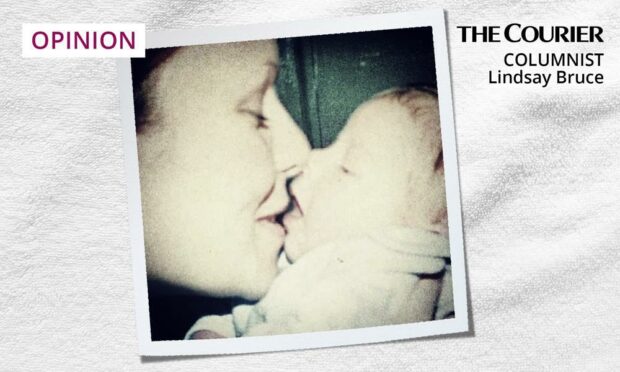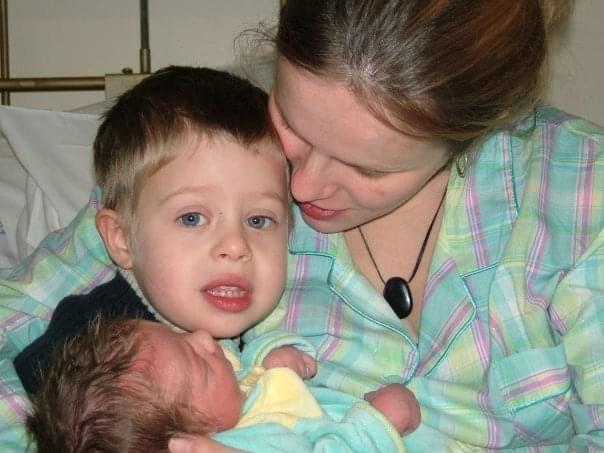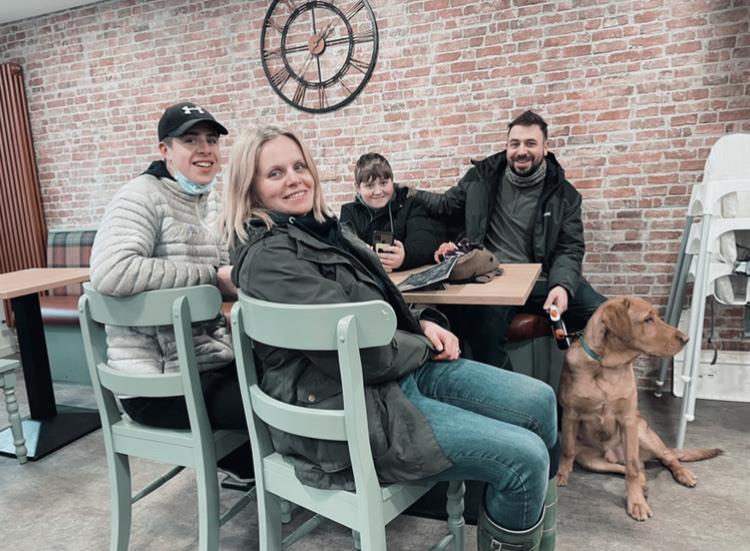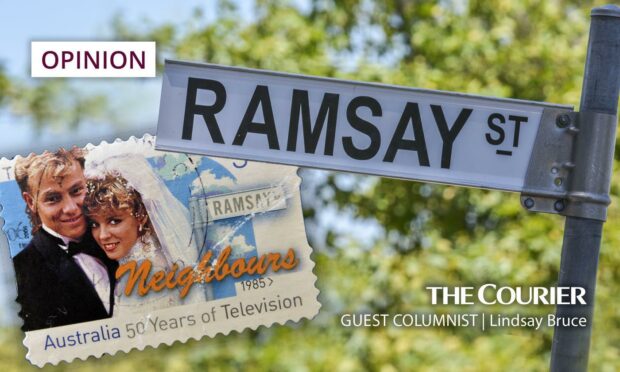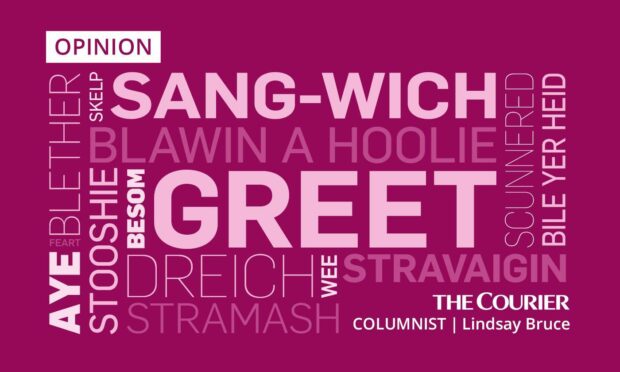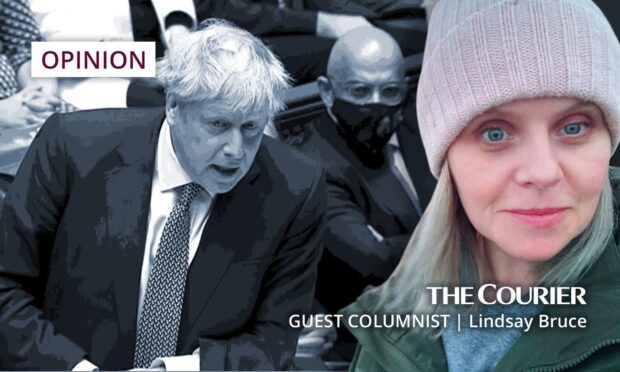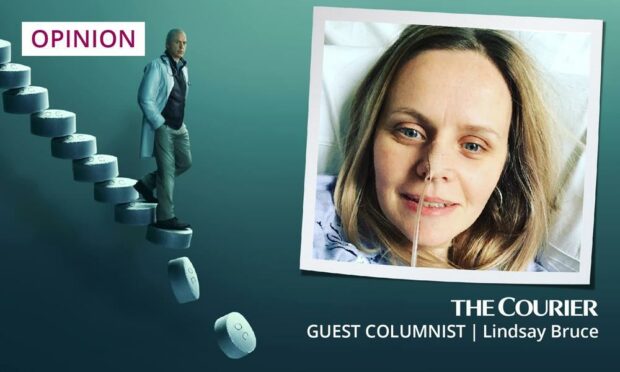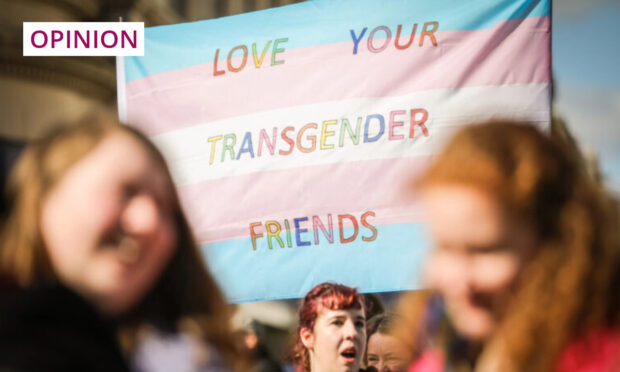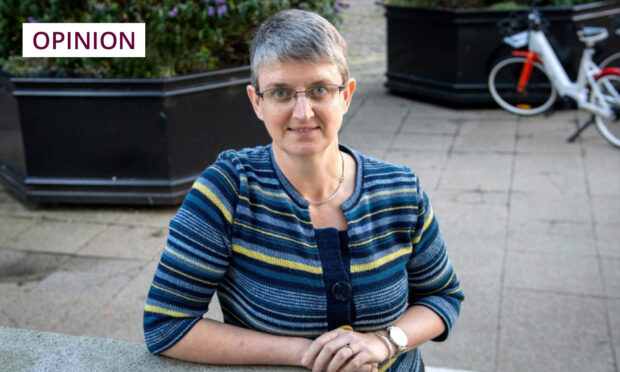“I’m so sorry Mrs Bruce. There’s no heartbeat.”
And just like that, with one rub of my shoulder, I lay there looking at a greyscale image of my tiny, lifeless baby.
Eight small words erased any remnant of the naive and expectant joy you have as a first-time parent, leaving us with only claustrophobic grief.
Miscarriage remains a taboo subject. Yet it’s estimated that one in eight of every “known about” pregnancies will end before 23 weeks.
But just because something is common, it doesn’t make it any less harrowing or life-altering.
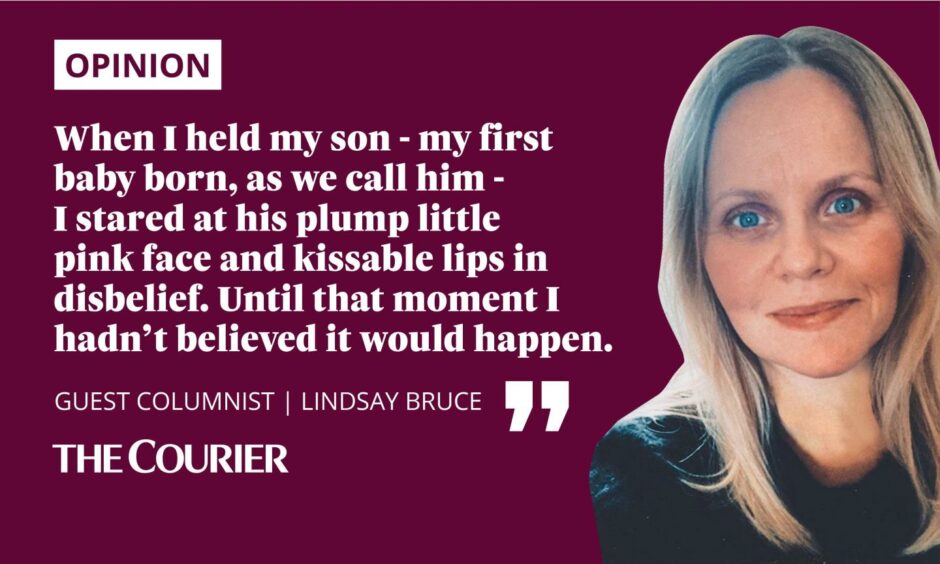
For me, a shadow was cast not just on my fertility but also on hope.
This commodity would be eroded further as I notched up five miscarriages in total before, between and after my boys.
But here’s why it’s important to read between those (pregnancy test) lines.
The statistics – clinical and factual though they are – don’t fully paint a picture of the many women (as much as 25%) who will experience a miscarriage around the first month mark.
Or the 5% of pregnancies that will be lost by eight weeks.
There are also those, like me, who form the one in 100, who will encounter recurrent miscarriage, defined as having three or more in a row.
A beautiful gesture from @taysidesands. Leaving these small bags for people to find is a remarkable way of remembering babies who've passed away, gone far too soon. I saw this on Perth High Street & it made me stop & think. Kindness is a lovely tribute to those we never forget❤ pic.twitter.com/S8JirSG2px
— Anita Diouri (@C_ADiouri) October 14, 2019
And super-specific test kits, which now measure pregnancy hormone from the first day of an expected period – or even earlier – mean we have a growing number of women realising they’re now a member of the “one in four club” who have experienced pregnancy loss.
It means there’s also a growing number of men wondering how to process the loss of their child, often without any of the attention.
We never believed it could happen to us
That day, in that scan room, was 19 years ago this month.
Which is why I’m allowing myself a moment to think about it again.
I was a newlywed, whose hormones went into 1950s housewife overdrive on honeymoon.
Despite still being at university, I wanted to become a mum.
Nothing, no book – and I read them all – could have prepared me for the realisation that motherhood wouldn’t come easily.
I liken it now to reading cancer stats. We know it’s common, but we don’t tether on the likelihood long enough to really believe it could happen to us.
And yet there we were.
An hour earlier we had planned to drive to the nearest shopping mall to buy me some stretchy trousers.
An hour later I was being booked in for surgery.
I was offered the option to go home and “suffer the loss naturally” but I just couldn’t.
I hope you’ll forgive the candour here, but when they asked me to collect “it” in a plastic tub I spiralled.
My husband couldn’t get his head – or his broken heart – around that either.
I have a friend who wrestled with guilt for decades because she didn’t manage to do what they’d suggested.
So I went into theatre in tears and was still sobbing from the second the anaesthetic wore off.
We turned our pain into helping others
Over the years some other phrases were added to the mental miscarriage baggage I think I’m probably still carrying.
“It’s just a chemical pregnancy try not to be upset” and “you’re lucky it’s not further on'” were just two.
Angels United is a football team of men united by the loss of a child. To mark Baby Loss Awareness Week, they've played a special memorial match against Sands United FC – another team made up of bereaved parents. pic.twitter.com/MgKliRDHnd
— BBC North West (@BBCNWT) October 11, 2021
As fortune would have it, though, our experiences weren’t entirely in vain.
While working as a hospital chaplain I was invited to be part of a steering committee that would discuss, among other things, how to handle miscarriage and the “products of conception”.
(For the record, getting rid of the phrase “products of conception” was top of my list.)
In that forum I was allowed to talk about the grief of partners.
We discussed moving early pregnancy units and clinics out of maternity wards.
It sounds simple enough but until recently you could be sitting next to someone in a waiting room who had just found out they were having twins when you’d just found out your baby could be stillborn.
Even worse, you could be brought in to miscarry, or deliver a child who had died in the womb, next door to someone giving birth to a health baby.
Tell me anything more harrowing than being passed your beautiful baby born silent, while the infant next door arrives kicking and screaming.
That committee also helped usher in changes in the hospital trust, such as bereavement counselling for early pregnancy loss and changes in the language on medical notes.
No more “spontaneous abortion”, for example.
‘Nothing steals your joy like a miscarriage’
I’m so grateful that my experiences maybe carry with them a note of redemption.
The thought of others suffering less definitely helped dull our pain.
Because for so many, us included, there will never be a definitive reason for why losses occur.
I do know that when I held my son – my first baby born, as we call him – I stared at his plump little pink face and kissable lips in disbelief.
Until that moment I hadn’t believed it would happen.
Nothing steals your joy like a miscarriage – I don’t think I’d exhaled for nine months.
Looking into his newborn eyes was intense. It was beautiful and breathtaking, but it was like holding what I suddenly realised I’d lost.
He didn’t cancel out past losses. He just made me realise how important processing this unique bereavement experience is.
Cradling gratitude and grief at once, I vowed I’d never let my story be taboo again.
If you need help or support following miscarriage (loss at 23 weeks or earlier) or stillbirth (loss from 24 weeks onwards) visit the Mariposa Trust which organises Saying Goodbye services for those bereaved in such a way.
